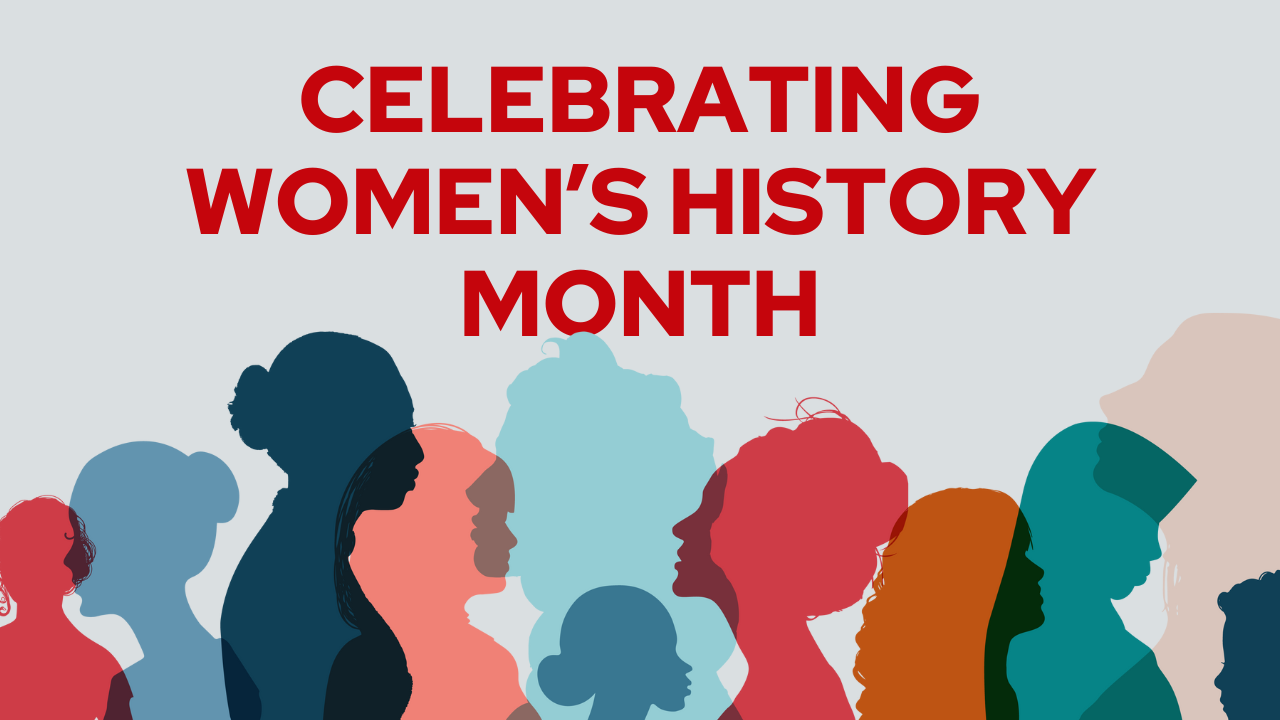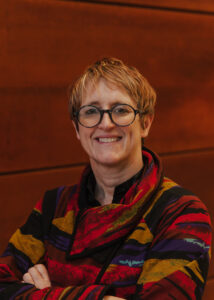
This is the third installment in our Women’s History Month series celebrating J-School women in research.
 Susan Robinson is a Helen Firstbrook Franklin Professor of Journalism. Specializing in Journalism Studies, she delves into reshaping trust within journalism by advocating for engagement practices over traditional norms, emphasizing areas of marginalization at the local community level. Through applied research, she collaborates with newsrooms to implement evidence-based strategies aimed at fostering trust with audiences.
Susan Robinson is a Helen Firstbrook Franklin Professor of Journalism. Specializing in Journalism Studies, she delves into reshaping trust within journalism by advocating for engagement practices over traditional norms, emphasizing areas of marginalization at the local community level. Through applied research, she collaborates with newsrooms to implement evidence-based strategies aimed at fostering trust with audiences.
What do you think are some of the current challenges for women in research today and how can we ameliorate them?
Although I think we have made great strides in equality in terms of more representation of people identifying as females on editorial boards of journals and elected to trade organization offices as well as grant recipients and pay equity, we still have a long way to go. I have so many of my male-identifying colleagues who are committed to seeing gender equity and who do everything from stepping down from boards or on panels so that a female can take their place to make sure there is representation in journals.
I think more work needs to be done around 1) paid maternity leave in the academy, 2) equity service distribution, 3) and most importantly, work-life balance in consideration of motherhood (or really, parenthood). For example, it would be helpful if departments didn’t have mandatory evening meetings or events, more conferences had childcare, and admin work fell more equitably across departments. I will say things have changed for the better from my perspective. For example, our university is set to offer paid maternity leave soon; when I gave birth 13 years ago, I had to use sick leave — which did not cover it all because I was fairly new, so I had to actually teach a small class (which I did while nursing) and develop a new course. I still feel salty about it, but I am happy my colleagues will have it differently.
Who is your female research role model and why?
So so many. Dr. Barbie Zelizer, Dr. Carolyn Kitch, Dr. Regina Lawrence, and Dr. Sharon Dunwoody to name just a few — all women who are/were excellent in their specialties and who demand excellence, but who have also achieved a work-life balance. They lead with compassion without sacrificing quality.
Can you share a rewarding moment from your career?
All the moments when an advisee gets a job offer for the perfect position or wins an award that trumpets their skills, or when I arrive to a class and every student has read the assignment and come prepared to engage. This week I watched as my advisee won a prestigious campus-wide TA award, recognizing all the efforts he has made in the classroom as a teacher. Later in the week, a former advisee visited, and I loved hearing that she is about to go up for tenure and seemed so happy with her work even as she also mothers a toddler. I felt such joy at their success. These moments keep me going.
What’s the most interesting thing you’ve found in your research
A couple of years ago we asked journalists to host listening sessions with disengaged audience members for 45 minutes each interview. Just listen, we said. “What do they want from your journalists?” From BIPOC people to conservatives, the audience members talked AT these reporters, sometimes with vitriol and accusations. Yet in post surveys, two-thirds of the community members said those sessions had built trust in the journalism and a third of them said they’d subscribe. This power of listening fascinates me and is something I want to work on scaling as a way to move us away from polarization and toward an agreement on a common set of facts. (This was work we did in collaboration with Trusting News, a free training program for newsrooms.)